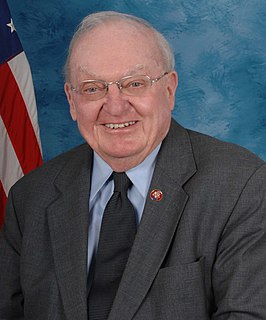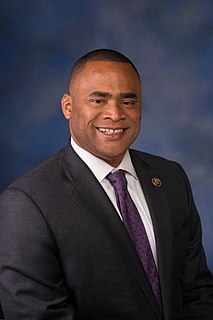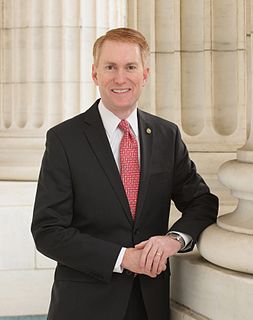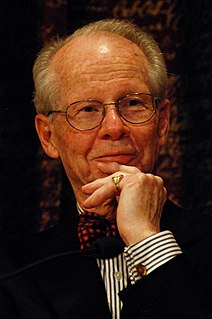A Quote by Howard Coble
Of the five House Calendars, the Private Calendar is the one to which all Private Bills are referred. Private Bills deal with specific individuals, corporations, institutions, and so forth, as distinguished from public bills which deal with classes only.
Related Quotes
We are so accustomed to the miracle of private enterprise that we habitually take it for granted. But how does private industry solve the incredibly complex problem of turning out tens of thousands of different goods and services in the proportions in which they are wanted by the public? ... It solves these problems through the institutions of private property, competition, the free market, and the existence of money - through the interrelations of supply and demand, costs and prices, profits and losses.
The remediableness criterion is an effort to deal symmetrically with real world institutions, both public and private, warts and all. The criterion is this: an extant mode of organization for which no superior feasible form of organization can be described and implemented with expected net gains is presumed to be efficient.


































